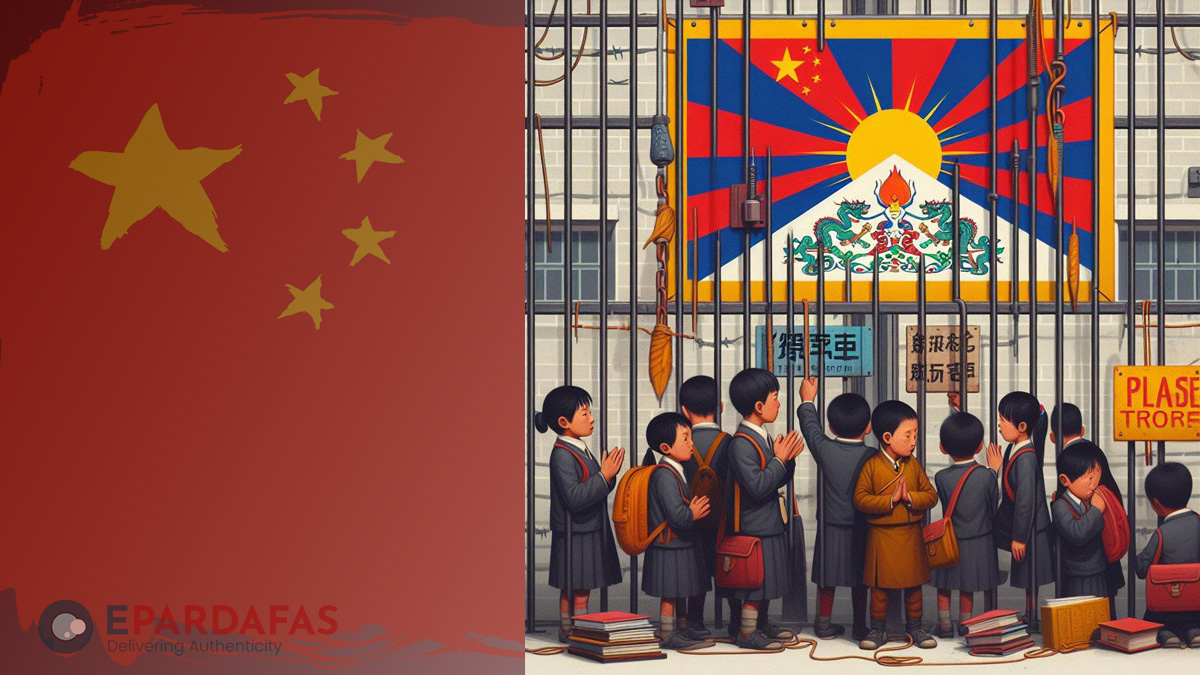
China Accused of Silencing Tibetan Language in Boarding Schools

In an alarming trend unfolding in Tibetan regions, China stands accused of implementing educational reforms that undermine Tibetan identity, particularly by targeting language and cultural heritage. Tibetan educational sociologist Gyal Lo has been at the forefront of raising awareness about these sweeping changes.
One of the most significant shifts has been the expansion of boarding schools, catering to children as young as four. These schools, which now reportedly educate around 80% of Tibetan children, replace Tibetan as the primary language of instruction with Mandarin Chinese. While Beijing argues that this equips Tibetan youth for integration into a predominantly Mandarin-speaking society, critics like Dr. Gyal Lo contend that the true agenda is to erode Tibetan identity.
Dr. Gyal Lo emphasizes the psychological trauma inflicted upon children separated from their families and cultural roots. He draws parallels to historical assimilation practices in other countries, highlighting the danger of severing the emotional connection between children and their heritage.
The replacement of Tibetan with Mandarin as the main language of instruction has also sparked concern. Despite claims by the Chinese embassy that ethnic minorities have the freedom to develop their languages, reports suggest that Tibetan is marginalized in school curriculums, with Mandarin taking precedence.
International human rights experts, including UN special rapporteur Professor Alexandra Xanthaki, have raised objections to these policies, asserting parents’ rights to choose schools that prioritize their native language. They warn that China’s attempts to homogenize ethnic minorities risk undermining cultural diversity.
The Chinese government has vehemently defended its educational reforms, portraying them as beneficial and dismissing criticism as misinformation. Activists like Dr. Gyal Lo, however, continue to challenge this narrative despite facing efforts to discredit them.
As the debate rages on, concerns persist about the long-term impact on Tibetan language and culture, as well as the social integration of Tibetan youth. Dr. Gyal Lo remains steadfast in his advocacy, even as he expresses pessimism about the future for Tibetan identity in the face of China’s aggressive assimilation efforts.
Input from BBC














Comments